
As an active woman, nutrition can feel complicated.
We get messages from culture, influencers, and so-called experts. Most nutrition courses give us a prescriptive formula without taking into account factors that affect women like our menstrual cycle, our life stage (puberty, pregnancy, menopause), or that women are uniquely targeted by diet culture. Learning to push against society’s norms and create a fueling plan that fits your goals and lifestyle is one of the best investments that you can make in yourself.
This course is for you if you are...
- An active woman of any level who wants to get the best from her body no matter your sport or level
- Ready to have a solid understanding about how to best fuel your body for your goals and lifestyle
- Sick of all of the conflicting messages and diet culture influences that keep you from getting the best from your body
- A coach, trainer or practitioner who works with women
By the end of the course, you will:
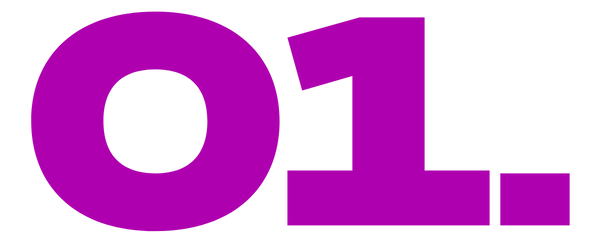
Unpack how narratives around body image can impact our fueling
When it comes to proper fueling, we can't separate the conversation about what to eat from the historical and cultural influences that uniquely impact body image and the decisions women make about food
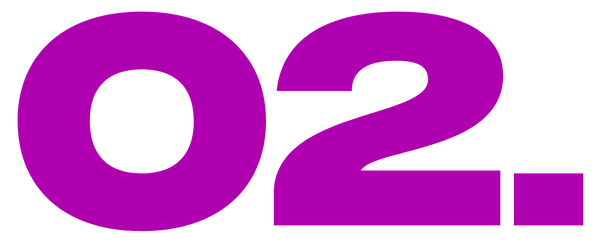
Make the connection between food and mental health
Learn to listen to our body's needs and hunger cues and feel free to eat accordingly while still understanding when and how to override hunger cues for optimal performance.
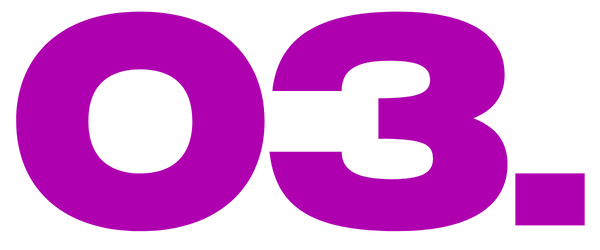
Recognize the sex differences between men and women related to fueling
Dive into why the dietary recommendations made for men don't always translate to the female body.
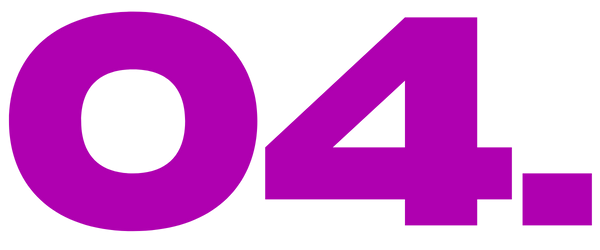
Learn to fuel during puberty, pregnancy, and the menopausal transition.
As our bodies undergo major hormonal changes, our fueling and hydration needs (and cues) will change. Learn how a woman can adapt her nutrition throughout her life.
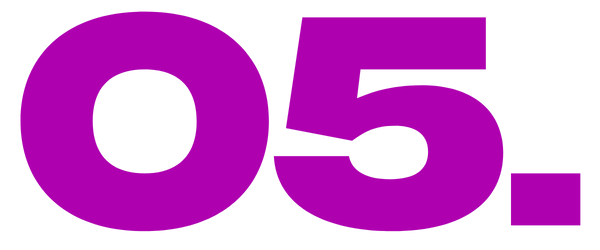
Understand why underfueling is so detrimental to female athletes
Understanding how underfueling impacts the body and how to recognize Low Energy Availability and RED-S.
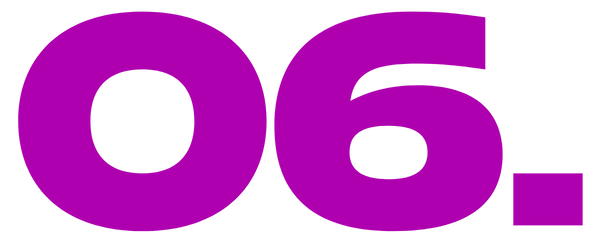
Create a personal fueling plan that aligns with your goals and lifestyle
Feel confident in knowing what your body needs based on your training, life stress, and other demands.
The course also covers:
🥗 Macronutrients and micronutrients
⏰ Nutrient timing
💦 Hydration
💊 Supplements
🛒 How to stock your pantry
📆 Incorporating good nutrition into a busy lifestyle
Join The WaitlistMeet the experts

Emily Jevons, PhD, BSc, RNutr
Emily Jevons is a Lecturer in Nutrition and Nutritionist based in the UK who also holds a PhD in Exercise Physiology & Nutrition. After starting out studying Sport and Exercise Science, she quickly learnt her true passion was nutrition. She went on to specialise in this area completing research on carbohydrate and fat use in endurance athletes. She now works with a variety of athletes and commercial companies with the aim of making nutrition education more accessible for those who want to pursue it! She is an athlete herself and has been doing triathlon and endurance swimming for the past 7 years.
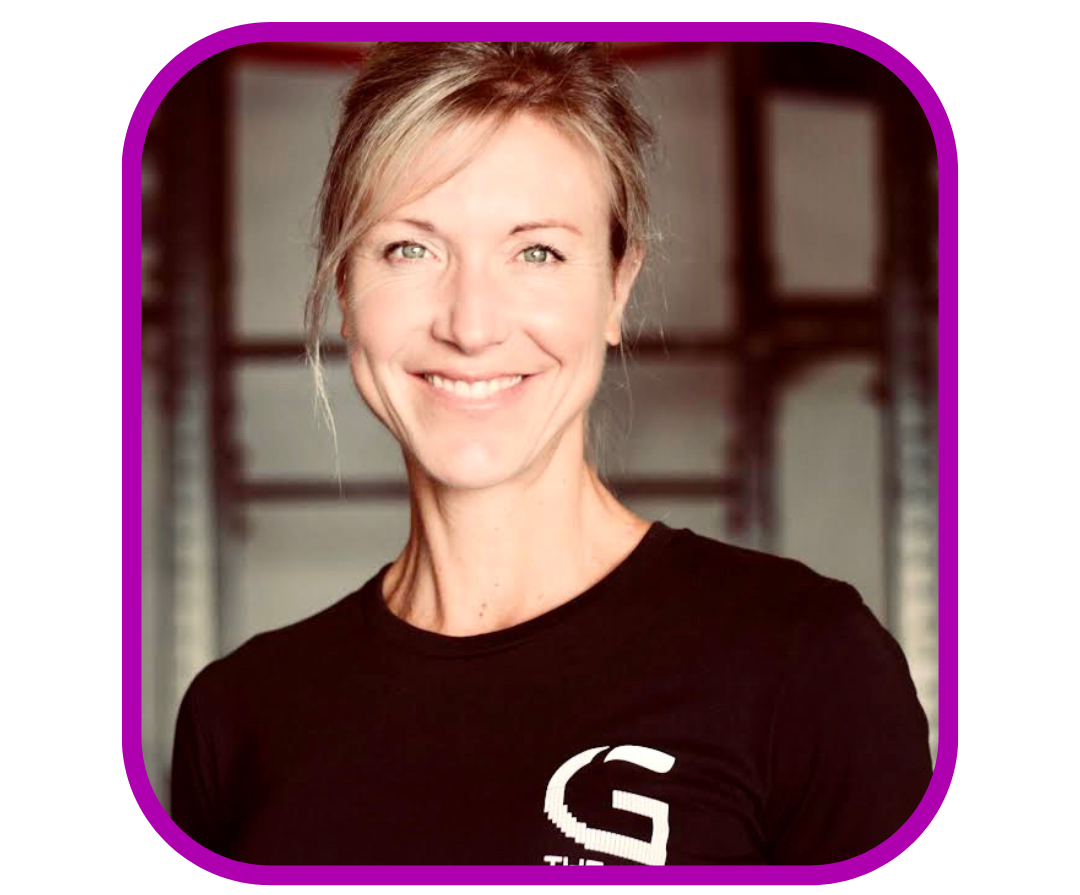
Elizabeth Inpyn, MSc, MA
Elizabeth Inpyn is a Certified Sports Nutritionist. She holds an ISSN Plant-based Nutrition Certification, a Masters of Science (Applied Exercise Science: Sports Nutrition), and Bachelor of Science (Biochemistry) from the University of California Santa Barbara as well as a Masters in Multicultural Education & Curriculum Development. She has helped countless professional/elite competitors and teams, recreational athletes, and coaches/organizations with all manner of nutrition, high performance, and wellness goals. Elizabeth is also a former NCAA Division 1 distance swimmer and water polo player.
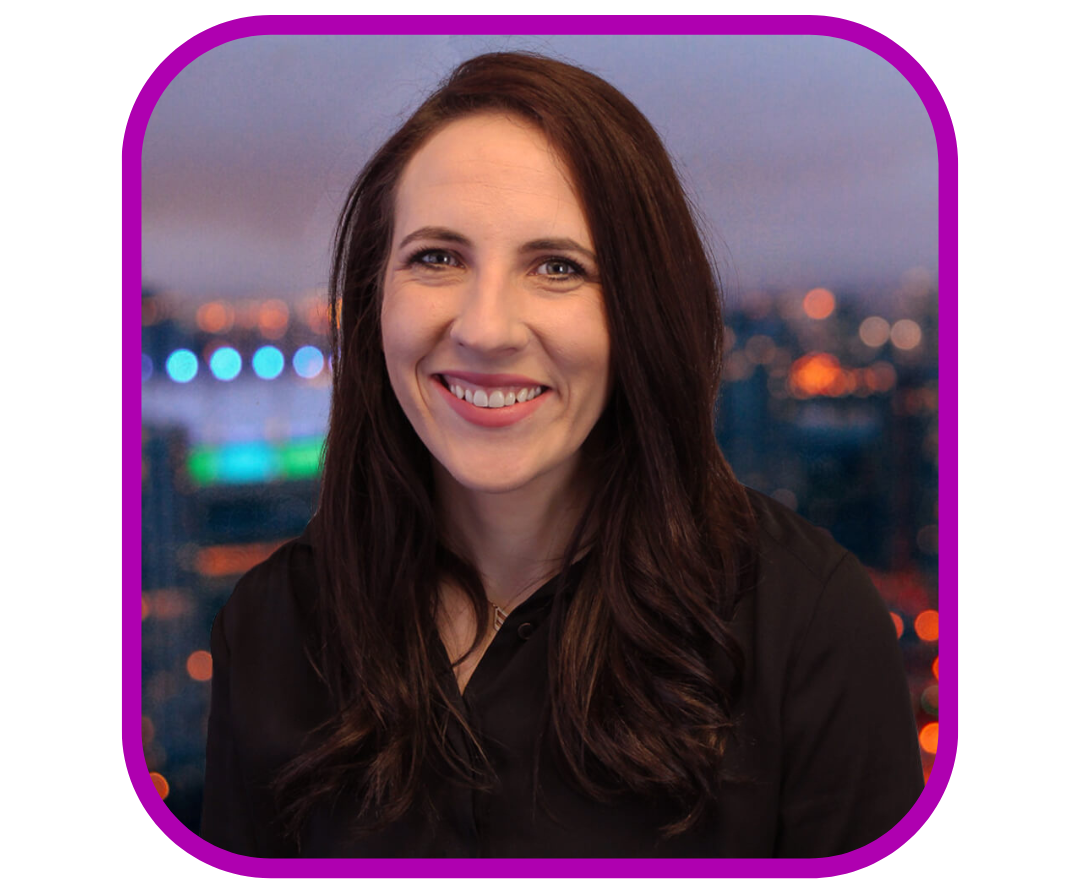
Erin Ayala, PhD, LP, CMP
Erin Ayala is a licensed psychologist who specializes in health and sport psychology. She is a Certified Mental Performance Consultant through the Association of Applied Sport Psychology and is listed as a licensed mental health provider on the United States Olympic and Paralympic Committee’s Mental Health Registry. Erin approaches her work with clients in a holistic manner, recognizing that daily life, health, and athletic performance are often intertwined.
The Details!
- This course will be run as a community or cohort model. This means we'll release one module per week and you'll have the opportunity to interact with other students throughout the course as well as a group virtual sessions with our experts to ask your questions.
- Enrollment for the next cohort runs from January 10th - 22nd. Join the waitlist to get a reminder.
- Plan on 1-2 hours per week to complete the course work. Your health is worth the investment!
- You have lifetime access to the content and replays of the recordings
- Women-only! We may offer a learning cohort for men in the future, but because this course dives into issues related to body image and disordered eating, we're committed to creating a safe space for women to share and process
- This one is important - we don't just tell you what to do (aka the nutrition plan) we go deep into all of the things that impact the way we fuel our bodies including narratives around food, understanding how our bodies use fuel, hormone impacts and more. Each module builds on the last to help you feel informed and confident in your choices by the end of the course.
Course Outline
Fueled is a course created for smart, feisty women who want to understand the why, the what and the how of fueling. That's why we take a comprehensive approach to fueling. Here's what you can expect each week:
Week One - Welcome & Key Information
Week Two - Historical and Cultural Influences on Fueling
Week Three - Diet Culture and Learning to Trust Your Hunger Cues
Week Four - The Science Behind How our Bodies Use Fuel to Exercise
Week Five - Fueling through Every Phase of Life (adolescence, periods, pregnancy, menopause, etc)
Week Six - Recognizing Underfueling and Understanding it's Consequences
Week Seven - Nutrition & Your Personal Fueling Plan
Why underfueling is so dangerous for women of all levels
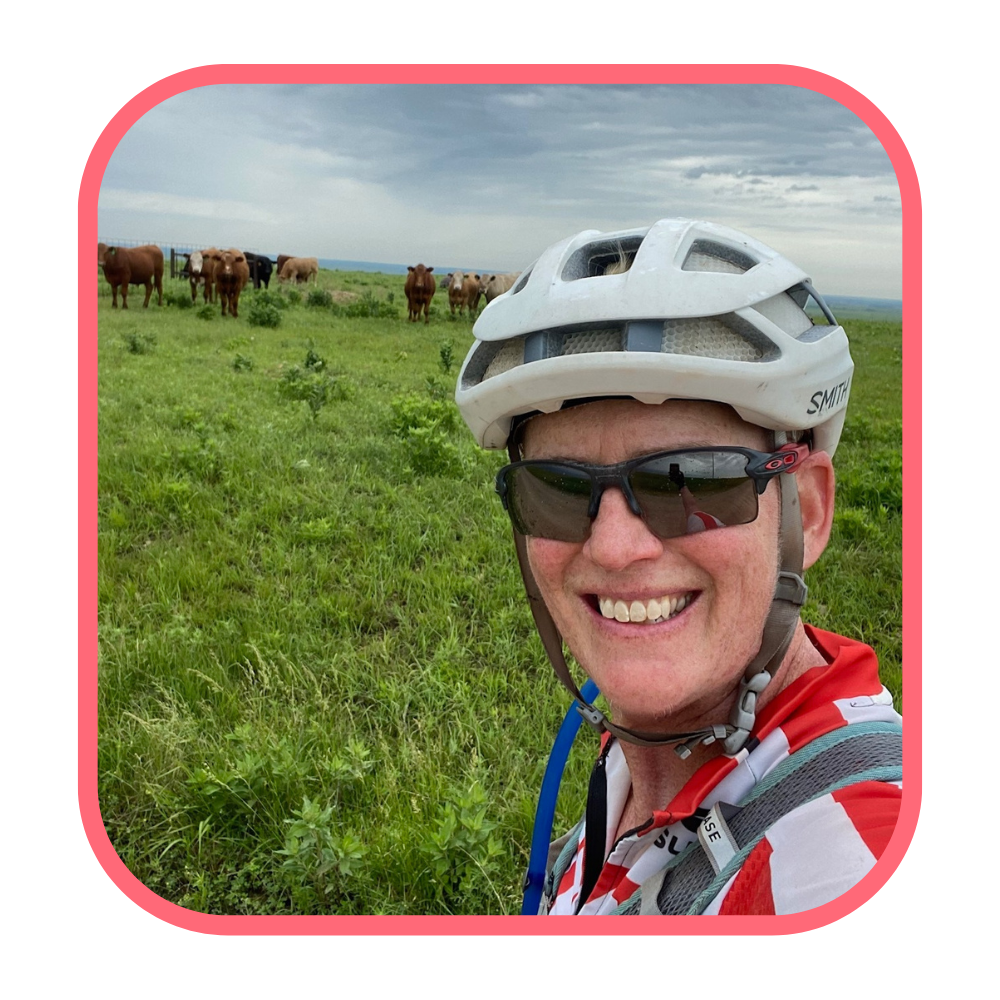
Pat
I'm what you would call your everyday athlete. I love my sport and want to get better. That's how I found myself buying into the rhetoric of lighter is faster. Between trying to lean out and my busy professional life, I ended up severely underfueling myself. It took over a year, seeing my primary doctor, 3 specialists, and countless blood and other medical tests before a new coach knew what was happening and finally helped me understand what was going on and create a plan with eating more and lifting heavy to get me out of the hole. At the same time, I was entering perimenopause. Many of the symptoms are almost identical and I always will wonder the underfueling made my perimenopause worse.
Listen to Pat's full story
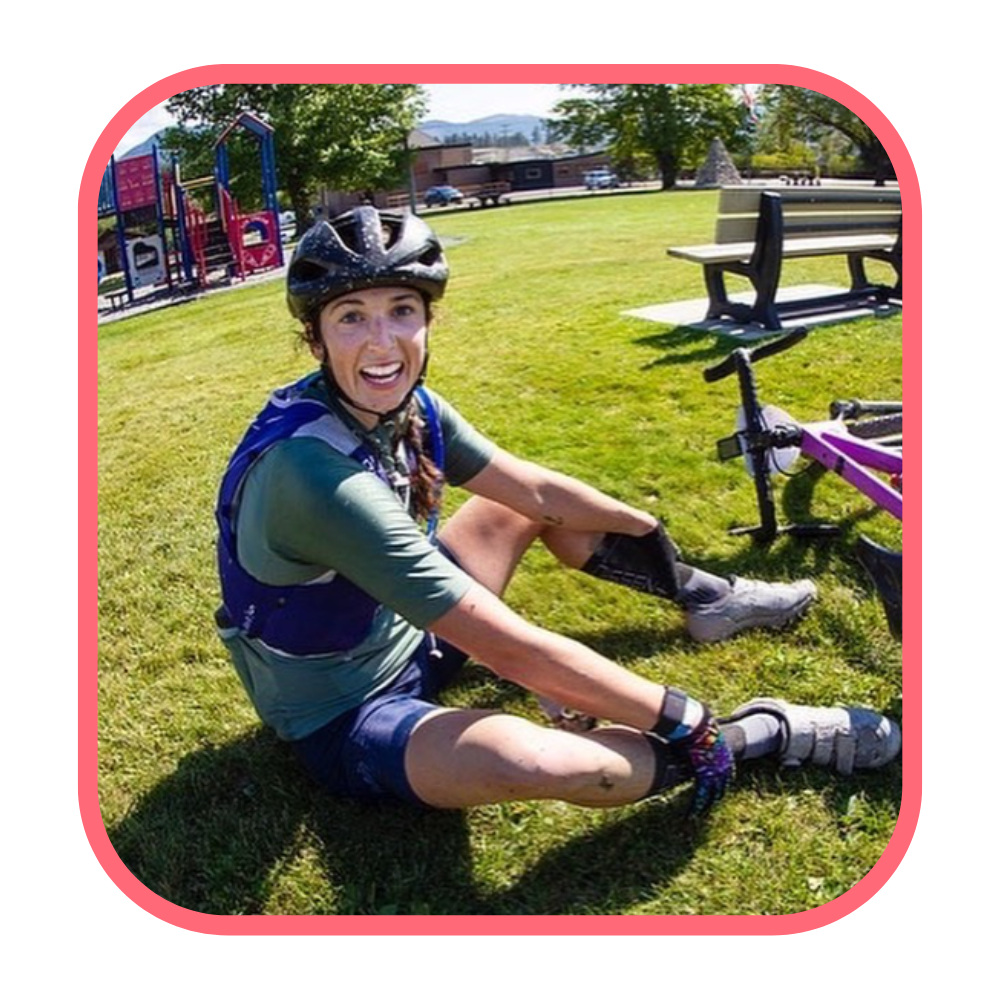
Lindsay
After a great season of racing, I started having some mysterious health problems that were sidelining me with fatigue. After numerous doctor's visits and tests, which gave me no answers, I worked with a naturopath working with elite athletes and discovered it was actually Low Energy Availability. I was shocked. I don't try to restrict my food and understand what my body needs, but between a busy training and work schedule, I slipped into underfueling. Thankfully, I got back on track and now have a plan that helps me stay fueled with a busy work and training schedule.
Listen to Lindsay's full story

